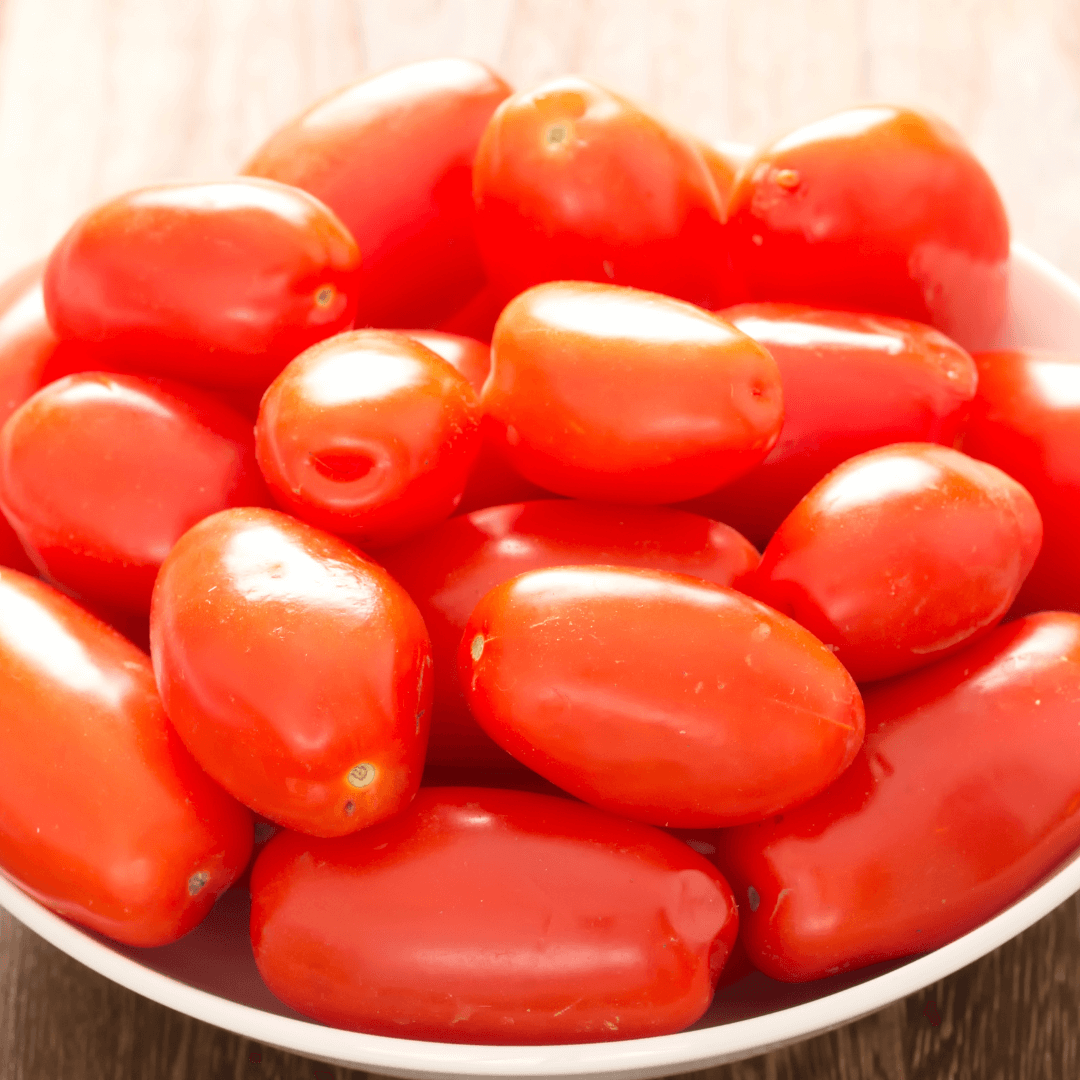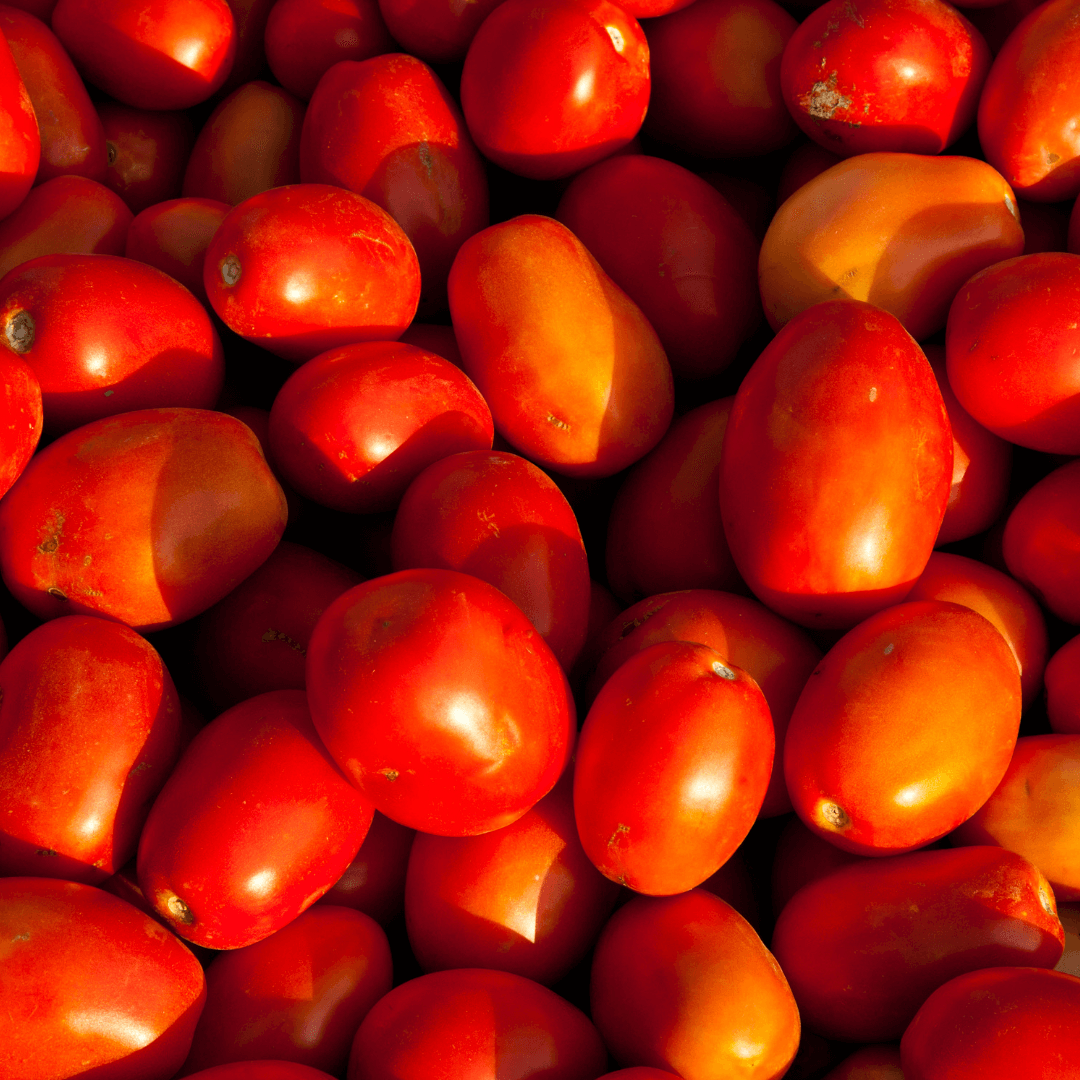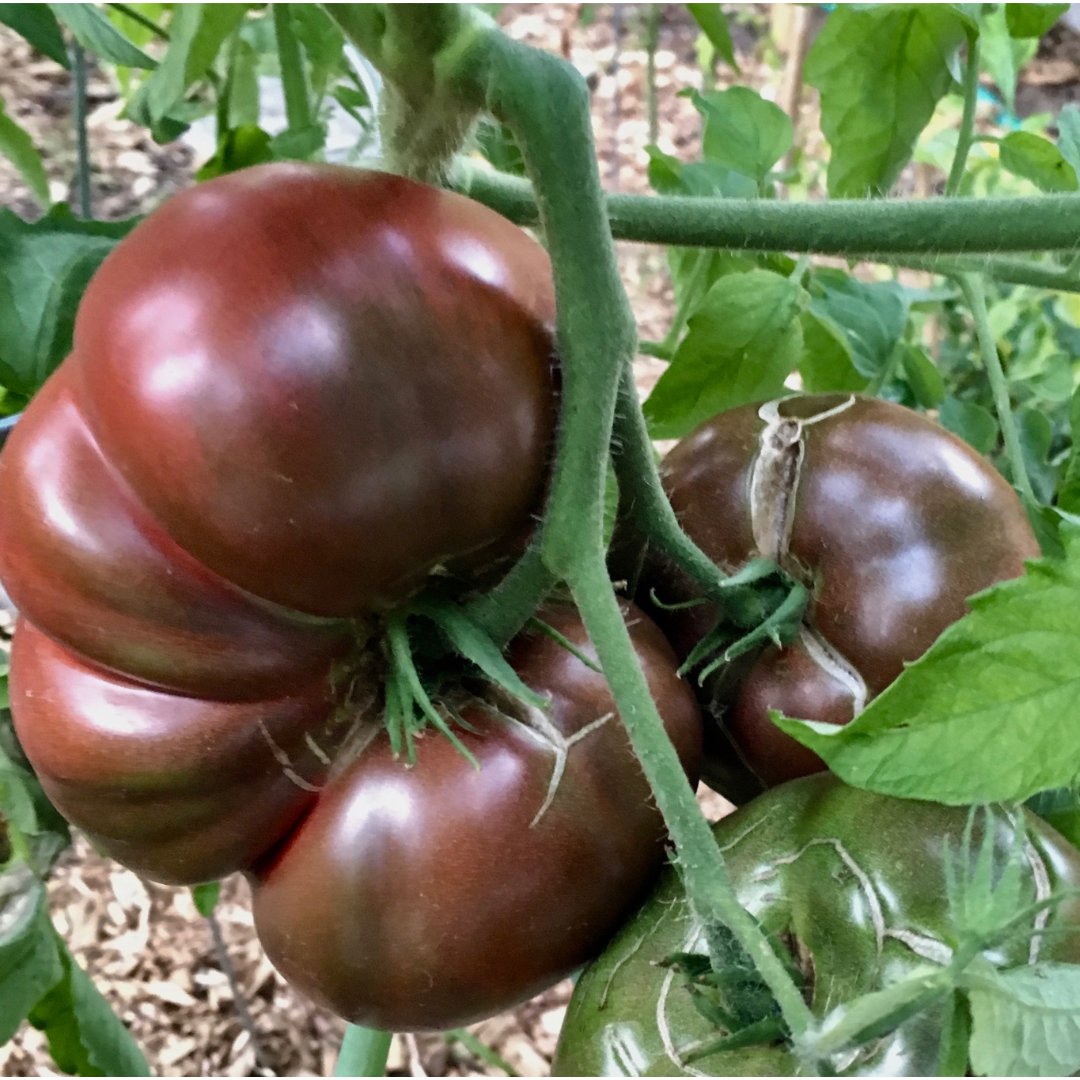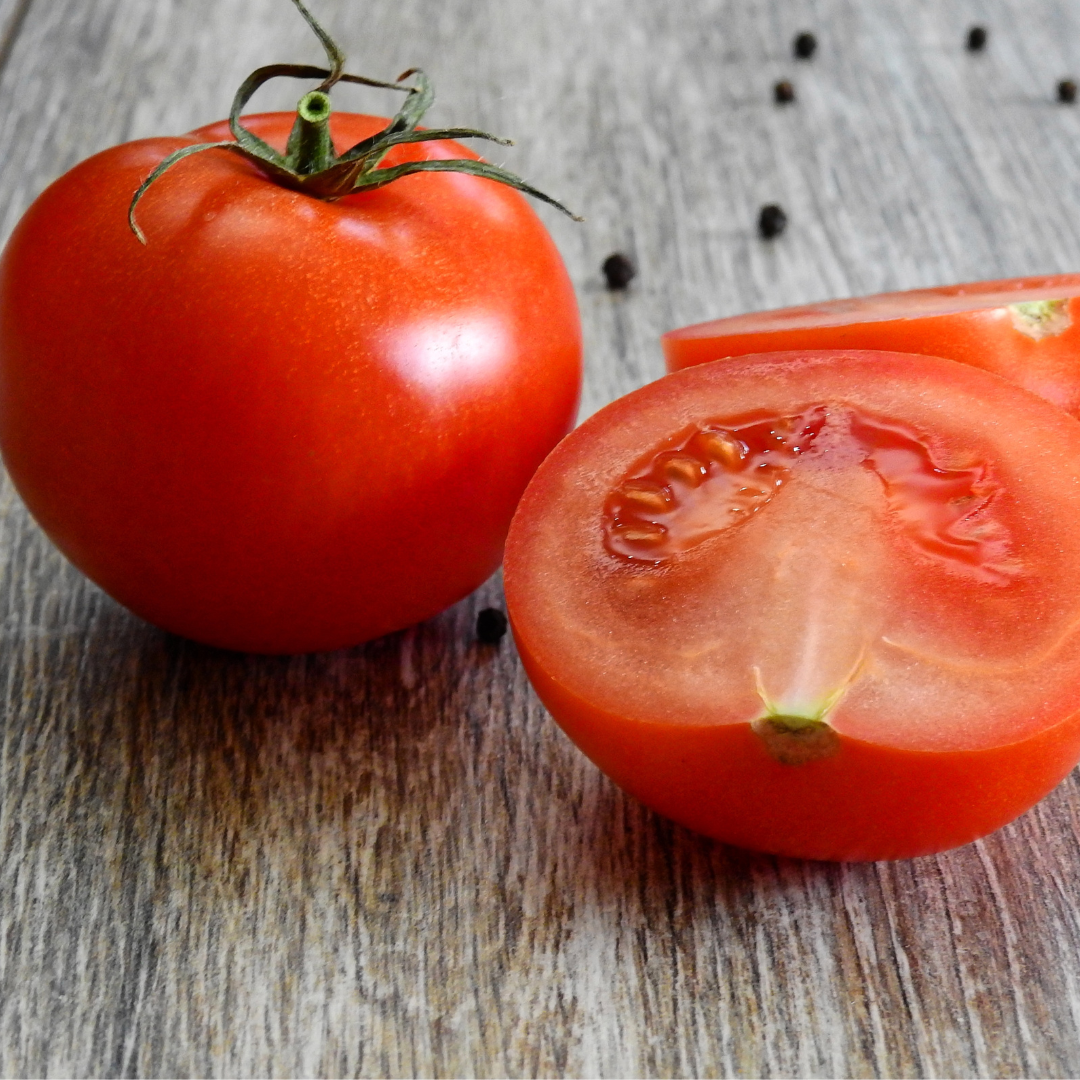Tomatoes are one of the most popular vegetables to grow in home gardens. They are versatile and flavorful, and come in a wide range of sizes, shapes, and colors. However, with so many different types of tomatoes available, it can be challenging to know which one to choose. One of the most critical distinctions is whether a tomato is determinate or indeterminate. In this article, we will take a closer look at determinate varieties of tomatoes, their characteristics, how to grow them, and much more.
Understanding Determinate and Indeterminate Tomatoes
Before we delve into determinate varieties, it is essential to understand the difference between determinate and indeterminate tomatoes.
- Determinate tomatoes are a type of tomato plant that grows to a certain height (usually 2-4 feet tall), stop growing, and produces fruit all at once over a short period. They tend to be bushier and more compact than indeterminate tomatoes.
- Indeterminate tomatoes, on the other hand, can grow quite tall (up to 10 feet or more), continue to grow throughout the season, and produce fruit intermittently.
Characteristics of Determinate Varieties
Determinate tomato plants have several unique characteristics that make them different from indeterminate varieties.
- Size: They are usually smaller and more compact, making them ideal for container gardening or small garden spaces.
- Growing season: They tend to produce fruit over a shorter period than indeterminate varieties.
- Fusarium wilt and verticillium wilt: They are more resistant to these diseases, which makes them ideal for areas with soil-borne diseases.
- Germination: They are usually easier to grow from tomato seeds than indeterminate varieties.
Heirloom Tomato Seeds for Planting | 16 Variety Pack

$19.95
The Ultimate Tomato Seed Variety Set - 16 Heirloom, Non-GMO Tomato Varieties for Your Home Garden Introducing our 16 Tomato Seeds Variety Pack, a must-have collection for any gardening enthusiast or professional grower! This premium seed assortment includes a diverse selection… read more
Types of Determinate Tomatoes
There are several types of determinate tomatoes that you can grow. Here are some popular varieties:
Roma Tomatoes
Roma tomatoes are an excellent choice for making tomato sauce or canning. They are oblong and meaty, with fewer seeds and less juice than other tomato varieties.
San Marzano
San Marzano is another popular variety of determinate tomatoes that is known for its flavor and texture. It is a favorite among chefs and home cooks for making sauces and pizzas.
Bush Tomatoes
Bush tomatoes are small and compact, making them ideal for container gardening. They are perfect for people who have limited space or want to grow tomatoes on their patio or balcony.
Tomato Seed Assortment | 8 Variety Pack

$15.95
8 Tomato Seeds Variety Pack – Heirloom, Non-Hybrid, Open-Pollinated, Non-GMO – Perfect for Home Gardens! Unlock the secrets to a thriving tomato garden with our premium 8 Tomato Seeds Variety Pack! Carefully curated for tomato lovers and gardening enthusiasts alike, this… read more
Heirloom Varieties
Many heirloom varieties of tomatoes are also determinate. These varieties are known for their unique flavors and are often passed down from generation to generation.
How to Grow Determinate Tomatoes
If you want to grow determinate tomatoes, here are some tips to help you get started.
Starting Seeds
- Start tomato seeds indoors about 6-8 weeks before the last expected frost date in your area.
- Sow seeds ¼ inch deep in a seed-starting mix.
- Keep the soil moist and warm (around 70-80°F) until the seeds germinate.
Transplanting
- Transplant your seedlings into individual pots when they have their first true leaves.
- When the soil has warmed up and all danger of frost has passed, transplant your tomato plants into the garden or containers.
Rare Tomato Seeds | 5 Variety Pack

$9.95
Grow Unique Tomatoes: 5 Rare Tomato Seeds Collection for Your Garden Introducing our 5 Rare Tomato Seeds Variety Pack, a must-have for every tomato lover and avid gardener! This premium collection features a curated selection of rare heirloom tomato seeds to… read more
Care and Maintenance
- Provide your tomato plants with plenty of sunlight, at least 6 hours a day.
- Water your plants regularly, about 1 inch of water per week.
- Fertilize your plants with a balanced fertilizer every 4-6 weeks.
- Prune your plants to remove suckers and maintain their shape.
Common Problems with Determinate Tomatoes
While determinate tomatoes are generally easier to grow and maintain than indeterminate varieties, they are not without their problems. Here are some common issues that you might encounter when growing determinate tomatoes:
Early Blossom End Rot
Blossom end rot is a common problem that affects both determinate and indeterminate tomatoes. It is caused by a calcium deficiency in the soil and shows up as a dark, sunken spot on the bottom of the tomato. Early blossom end rot usually appears on the first few fruits of the season and can be prevented by adding calcium to the soil.
Tomato Hornworms
Tomato hornworms are large green caterpillars that can eat the entire leaves and fruit of your tomato plant. They can be easily controlled by handpicking or using natural insecticides.
Fusarium Wilt and Verticillium Wilt
Fusarium wilt and verticillium wilt are soil-borne diseases that can affect both determinate and indeterminate tomatoes. They cause yellowing of the leaves and stunting of the plant. To prevent these diseases, make sure to rotate your tomato crops and avoid planting in the same area for at least three years.
Conclusion
Determinate varieties of tomatoes are an excellent choice for gardeners who want a compact and manageable tomato plant that produces fruit over a short period of time. By understanding the characteristics of determinate tomatoes and following the proper care and maintenance guidelines, you can grow delicious tomatoes in your garden or containers. Some popular determinate tomato varieties include Roma tomatoes, San Marzano, bush tomatoes, and many heirloom varieties.
It is important to note that determinate and indeterminate tomatoes each have their own advantages and disadvantages. Determinate varieties are more compact and easier to manage, but they produce fruit over a shorter period of time. On the other hand, indeterminate varieties continue to produce fruit throughout the growing season but require more space and care.
Vegetable Seed Vault Kit | 35 Variety Pack

$29.95
$49.95
Ultimate Survival Seed Vault: 16,000+ Non-GMO Heirloom Vegetable Seeds for Emergency Preparedness Introducing the Seed Vault Kit, your all-in-one solution for emergency preparedness and sustainable gardening. This premium seed kit contains over 16,000 non-GMO, Heirloom, Non-Hybrid, and Open Pollinated seeds,… read more
No matter what type of tomato you choose to grow, remember to provide your plants with plenty of sunlight, water, and fertilizer. Also, be sure to watch out for common tomato diseases like fusarium wilt and verticillium wilt, which can affect both determinate and indeterminate varieties. With the right care and attention, you can enjoy a bountiful harvest of delicious tomatoes all season long.
FAQ's
Q1. What are determinate tomatoes?
A: Determinate tomatoes are a type of tomato plant that grows to a certain height (usually 2-4 feet tall), stops growing, and produces fruit all at once over a short period.
Q2. How do determinate tomatoes differ from indeterminate tomatoes?
A: Indeterminate tomatoes can grow quite tall (up to 10 feet or more), continue to grow throughout the season and produce fruit intermittently.
Q3. What are some popular determinate tomato varieties?
A: Some popular determinate tomato varieties include Roma tomatoes, San Marzano, bush tomatoes, and many heirloom varieties.
Q4. Can determinate tomatoes be grown in containers?
A: Yes, determinate tomatoes are ideal for container gardening because they are smaller and more compact than indeterminate varieties.
Q5. How do you start determinate tomato seeds?
A: Start tomato seeds indoors about 6-8 weeks before the last expected frost date in your area. Sow seeds ¼ inch deep in a seed-starting mix and keep the soil moist and warm (around 70-80°F) until the seeds germinate.
Q6. How do you transplant determinate tomato seedlings?
A: Transplant your seedlings into individual pots when they have their first true leaves. When the soil has warmed up and all danger of frost has passed, transplant your tomato plants into the garden or containers.
Q7. How much sunlight do determinate tomatoes need?
A: Determinate tomatoes that need at least 6 hours of sunlight per day.
Q8. How often should you water determinate tomato plants?
A: Water your plants regularly, about 1 inch of water per week.
Q9. How do you fertilize determinate tomato plants?
A: Fertilize your plants with a balanced fertilizer every 4-6 weeks.
Q10. Are determinate tomatoes resistant to soil-borne diseases?
A: Yes, determinate tomatoes are more resistant to soil-borne diseases like fusarium wilt and verticillium wilt, making them ideal for areas with these diseases.
Tomato Seed Assortment | 8 Variety Pack

$15.95
8 Tomato Seeds Variety Pack – Heirloom, Non-Hybrid, Open-Pollinated, Non-GMO – Perfect for Home Gardens! Unlock the secrets to a thriving tomato garden with our premium 8 Tomato Seeds Variety Pack! Carefully curated for tomato lovers and gardening enthusiasts alike, this… read more








